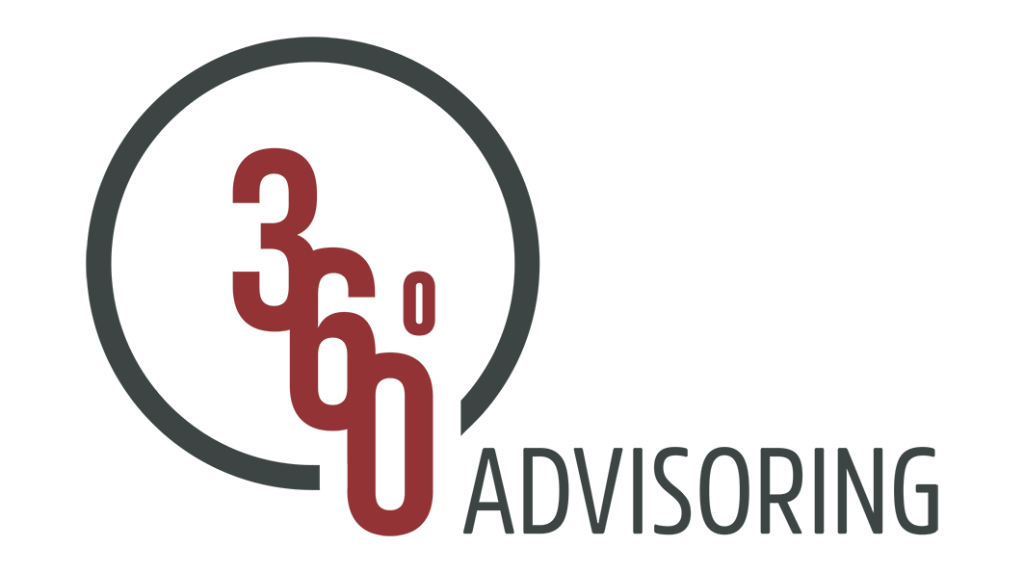After placing the 12-month Euribor at a maximum of 13 years, mortgage payments became more expensive again in October, and the cost of mortgages increased by nearly 2,700 euros per year.
The 12-month Euribor, the most important reference index for which mortgages are calculated, closed the month of October with a new rise in its monthly rate, up to 2.629%. This level is above the 2.233% in the which closed September, but the rise is well below that experienced the previous month, which was the most abrupt in its entire history. The 2.629% represents a return to levels never seen for thirteen years, specifically since December 2008, when the Euribor closed at 3.452%.
The chain increases of each of the months of this year have been caused by the measures of the central banks to control inflation, specifically withdrawing stimuli and launching their main weapon to combat inflation, the rise in interest rates of interest. The European Central Bank (ECB) last week raised the price of money by 75 basis points, up to 2%, after a month and a half ago, it made an identical rate hike. Price pressures remain strong, increasing the likelihood of seeing another rate hike at upcoming ECB meetings.
On the other side, have bonds and stocks bottomed out yet?
Is it time to enter? What strategy should we take? Look out for our next blog.



